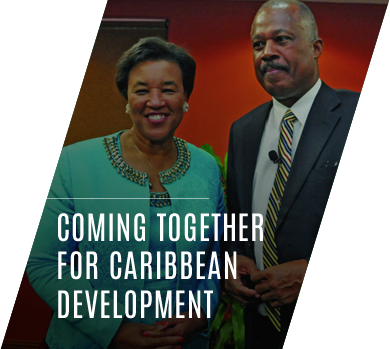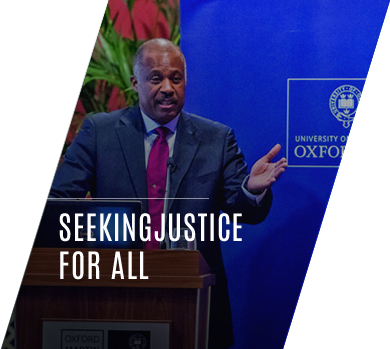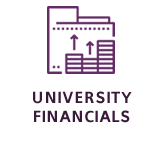There is now an urgency about this moment. Frustration with failure to attain even moderate levels of economic growth is palpable. For this reason,
it is critical that the academic community be seen with its sleeves rolled up, and doing its share of the heavy lifting. There is consensus on this matter; and there is convergence in the thinking of academia and industry. It is just a matter of aligning and focussing entrepreneurial and intellectual action in the sophisticated fashion found in postmodern economic cultures.
This is another magnificent moment for The UWI. As the region's premier research academy, it is situated at a critical crossroad in the development of the regional economy. Knowing the specific details of the juncture will require quality research and clear thinking.
In effect, this is the third stage in the development of Caribbean global economic competitiveness. The long colonial period was the first phase. It was characterised by the price competitiveness of primary products. Moderate average economic growth was achieved— though deploying enslaved, indentured and other forms of oppressed labour.
The UWI is part of a series of networks aimed at crafting a new, more holistic vision for Caribbean development. As the region's leaders work to identify a coherent plan of action for collective progress, it is important to continue to make the process of discussion inclusive: encouraging the contribution of students and other Caribbean youth, as well as stakeholders from different sectors of society.
The second stage witnessed the transition from primary products to the hegemonic financial services and tourism sectors. The new economy provided impressive rates of economic growth in the early postcolonial economies. The region was able to compete at the levels of both price and quality. In this stage there was a gradual improvement
in living standards, though, in general, poverty remained endemic as a result of very extreme income distribution.
This third phase will be associated with research and innovation, driven primarily by application within academic-industry alignment. This is how the tertiary education sector can come to the fore. This is the University's moment to engage industry and impact productivity and competitiveness. The search for greater market share, for both established industries and startups, will be through innovation that is research-driven. The discourses around economic sustainability have suggested general agreement around the role of the University.
It is for these reasons that The UWI's five-year Strategic Plan 2017–2022 is entitled 'Revitalising Caribbean Development'. It seeks to situate the academic community precisely at the core of the commercial convergence. In centering the need for greater 'alignment' of industry and academia, it calls for agility in a tripartite arrangement of State, private capital, and advanced human resources. Such partnerships suggest radical access to research funds in order to promote the culture of innovation in production.
Three principal pillars - Access, Alignment and Agility - are represented as the ‘Triple A' concept that defines the Strategic Plan. It calls for the creation of technology parks as places of convergence where entrepreneurs and academics seek to industrialise research findings.
The migration of academic research into the boardrooms of industrialists, producing the commercial convergence, should be established as a normal aspect of productive living. The presentation of such a proposal to the Economic Growth Council of Jamaica, for example, and the preliminary planning at the Penal-Debe site in South Trinidad, and the creation of a software technology centre
in Bridgetown, Barbados, represent the University's dedication to the importance of this thinking and the integrity of its actions.
These developments constitute the University's commitment to the search for new engines of economic growth. Funding the academy to enable its performance will be a critical first step. Without adequate funding, important first steps cannot be taken with any certainty and the opportunity lost to connect the missing link.
The challenge, thankfully, is not staggering. The creation of dedicated infrastructure within the University's ecosystem in order to integrate the processes of innovation, enterprise, and investment is within the available resource capacity of governments and the private sectors. The use of available university buildings for incubator projects and startups can be actualised with skillful reallocations. The provision of such dedicated spaces is a tried and proven global strategy.
A top priority of the University, then, is to devise methods to migrate the mountain of manuscripts and other forms and expressions of research and innovation out of the faculties and libraries into the interior of enterprises. This is as vital a step as those taken to fund the research in the first place. The silence of the silos must be breached for faculties and factories to emerge as classmates in the wealth- creation culture. Corridors that customarily divide must be converted into causeways for concerted action between old and new actors willing to create value for the future.
The normalisation of this physical interface and mental encounter will serve to eradicate residual tensions that still exist between academia and industry. Such doubt is but an ancient relic of a much misunderstood past in which the University was derided for allegedly harbouring hard-nosed communists and producing cohorts of unproductive soft-sofa armchair socialists. The hatchet is buried and the hammer is in hand to partner in building diversified, competitive, resilient economies for the 21st century Caribbean.

Professor Sir Hilary Beckles,
Vice-Chancellor, The University of the West Indies








